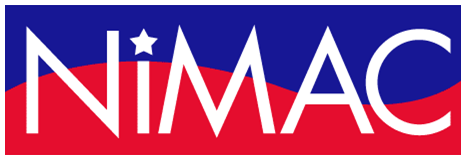June 14, 2007 (Revised August 24, 2007)
Effective immediately, the NIMAC wishes to advise all publishers, SEAs and LEAs that, after conferring with OSEP, NIMAC has determined that it will not accept “advance copy” file sets into the repository. “Advance copy” is to be defined as a version that is made and distributed for review purposes only, prior to a final, corrected version that will be made available for use in the classroom. “Advance copy” is not necessarily synonymous with an “A printing” or 1st printing as some “A printings” and 1st printings may be determined by the publisher to be clean enough for use in the classroom. The determination of the final, corrected version will be made by publishers.
NIMAC strongly encourages SEAs and LEAs to not require publishers to provide certified NIMAS files with bid submissions. Many of these files would have “advance copy” (for review purposes only) status, and these files would not be a final, corrected version for use in the classroom. Contract language that NIMAS files will be submitted to NIMAC by contract start date should be sufficient.
Because “advance copy” versions of instructional materials are not the final versions approved for use in the classroom, they are not appropriate for use in the creation of specialized formats for blind, visually impaired and print-disabled students. Accepting these versions into the repository introduces the risk that specialized formats will be produced using file sets that are not corrected, final versions. Students then receiving these formats could receive a product that is significantly different or inferior to the version received by their non-disabled peers.
NIMAC requests that SEAs and LEAs please keep this policy in mind when drafting language for publisher contracts requiring the submission of files to NIMAC. Please do not require “advance copy” file sets to be submitted as NIMAC will not accept these file sets.
Please contact the NIMAC at 877-526-4622 if you have any questions regarding this policy statement.
